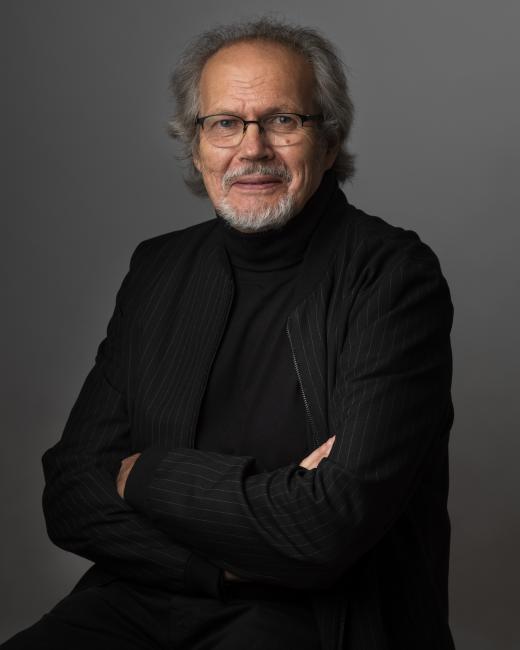Bengt Lindell, professor of Procedural Law
”Drawing the line, which is often a delicate matter, is of a basic nature in practically all legal systems because the court first has to decide what has happened, the matter fact, and then apply a rule of law to the incident, the matter of law.”

Bengt Lindell grew up in Arjeplog, County Norrbotten, in the 1950s. After senior high school studies in Piteå, he did his military service in Boden and then went on to law studies at Uppsala University at the end of the 1970s, where he was appointed professor in civil and procedural criminal law in 1990.
Bengt Lindell’s doctoral thesis, titled ”Matters of fact and matters of law”, deals with the borderlines, differences and relationships between facts and law. Drawing the line, which is often a delicate matter, is of a basic nature in practically all legal systems because the court first has to decide what has happened, the matter fact, and then apply a rule of law to the incident, the matter of law. The first issue is dealt with in court through production of evidence, and the second issue – the matter of law – by comparing the proven course of events with the conditions provided by the legal rule. Research in this area in interdisciplinary since the production of evidence involves probabilities and how to assess them, while the second issue is of a traditional legal dogmatic nature. The methods used in the two steps are thus distinct in nature.
”Since the thesis, I have written several books on different legal procedural topics, for example, a major commentary on the whole civil procedure, of which the fourth edition has now been published. Presently, I am working with two research colleagues on a book on the concept of justice.”
A further research project that Bengt Lindell recently initiated deals with doubts about the choice of decision between alternatives in court. The project, which is to result in a book, starts with a discussion of what doubt is and different kinds of doubt.
”The presentation partly rests on decision theory compared with the tools used in court to make decisions when there is uncertainty about what has happened or how an issue should be legally assessed. So, in a way I’m back where I started.
There is no shortage of forests and lakes around Molkom where Bengt Lindell and his wife bought a house two years ago. He enjoys living there, perhaps because the landscape reminds him of the Norrbotten inland. He likes walking in the woods and as a former cross-country skier he hopes there will be winter rich in snow offering many pleasant skiing experiences.

